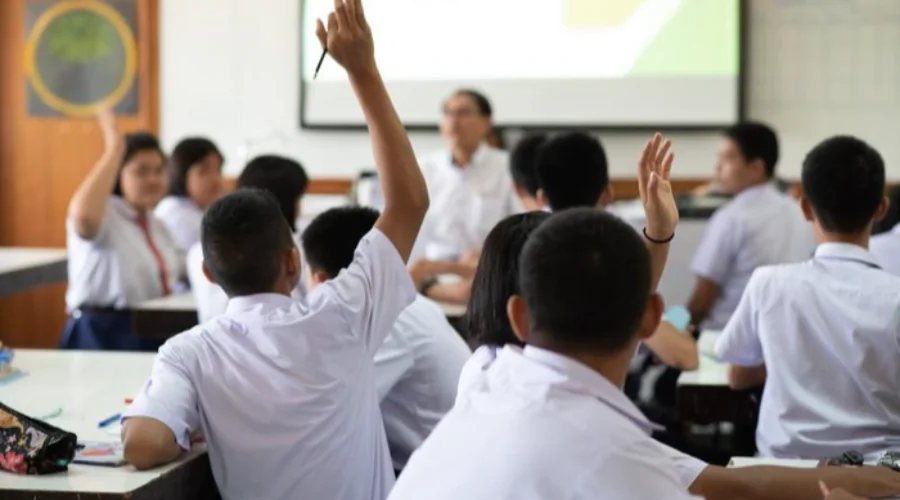
- 21 Oct
- 2022
Ilustrasi gambar (Shutterstock)
Pros and Cons of Elementary and Middle School Students' Homework Removed, UM Surabaya Lecturer Gives Responses
The Surabaya City Government's policy of eliminating homework (PR) for elementary and junior high school students is still being debated by various parties. The group that agreed felt relieved because they thought that homework had a big contribution in increasing student competence. While those who agreed to delete it felt that homework was actually a burden on students.
Sri Lestari, a lecturer at the Teaching and Education Faculty (FKIP) UM Surabaya, responded directly to this case. According to Tari, the debate about the importance of PR is actually not new. No wonder the policy is problematic for the community. Even among educators are divided into groups that agree and disagree.
"Whether or not it is necessary to give homework should be the responsibility of the educator/teacher to determine. Because homework can be used as a consideration for learning," said Tari Friday (21/10/22)
Meanwhile, limited face-to-face time with the competency load achieved is considered insufficient, so homework for teachers is considered a shortcut.
Tari, who is a Lecturer in English Language Education, explained that there are several aspects to consider that should be used as indicators of giving homework, including: homework can be considered important if the results of the teacher's evaluation show that homework is proven to improve students' knowledge and skills competence. If not, it is necessary to reconsider the type of assignment given.
Tari emphasized that homework should not burden students or disturb their playing and resting time. Research advises against giving students homework that takes more than two and a half hours to complete.
"The type of homework also needs to be considered and preferably one that emphasizes independent work, emphasizes critical thinking competence and creativity, and ensures that parents are involved to help with the work as minimum as possible," he added again.
According to him, educators should not assume that homework is an aspect of whether students pass or fail in learning. Homework needs to be considered as a formative assessment that does not determine whether a student is smart or not.
He likens athletes competing in competitions, homework is just a tool to hone his skills, not determine whether he wins or not in a match.
So, homework should not need to be graded and there should be no penalty for students if they don't do it. Thus, homework is actually useful for determining learning strategies or techniques, not determining whether students pass or not, let alone whether they are smart or stupid.
"In addition, it is important to provide feedback on student homework. So, letting students present and get suggestions or criticism from teachers or friends is important as a form of their learning process," concluded Tari.










(0) Comments